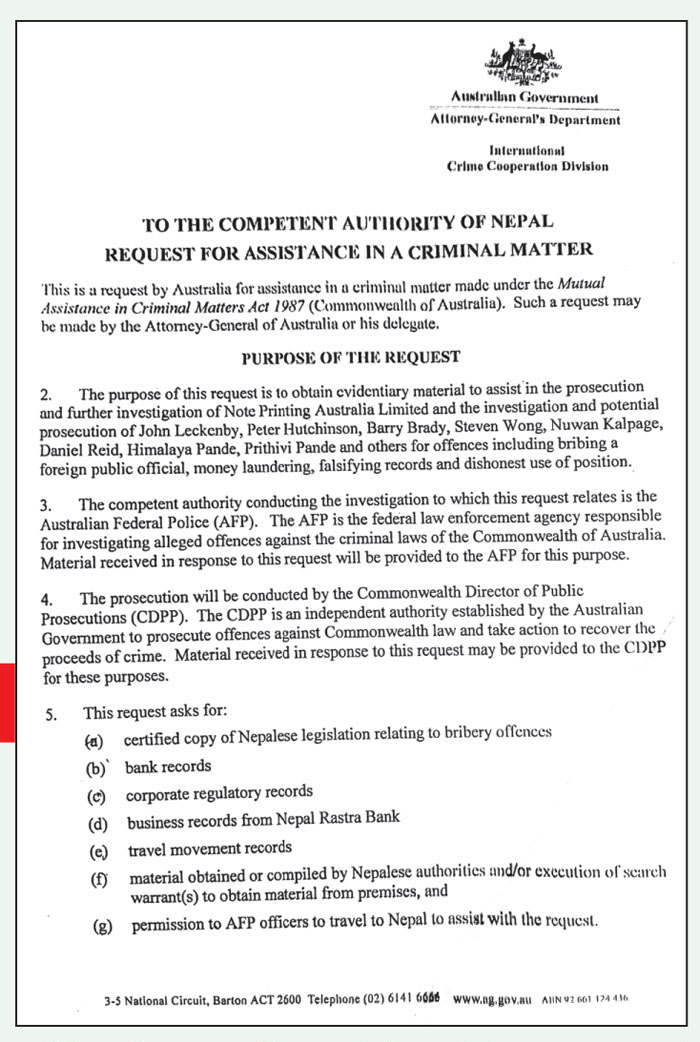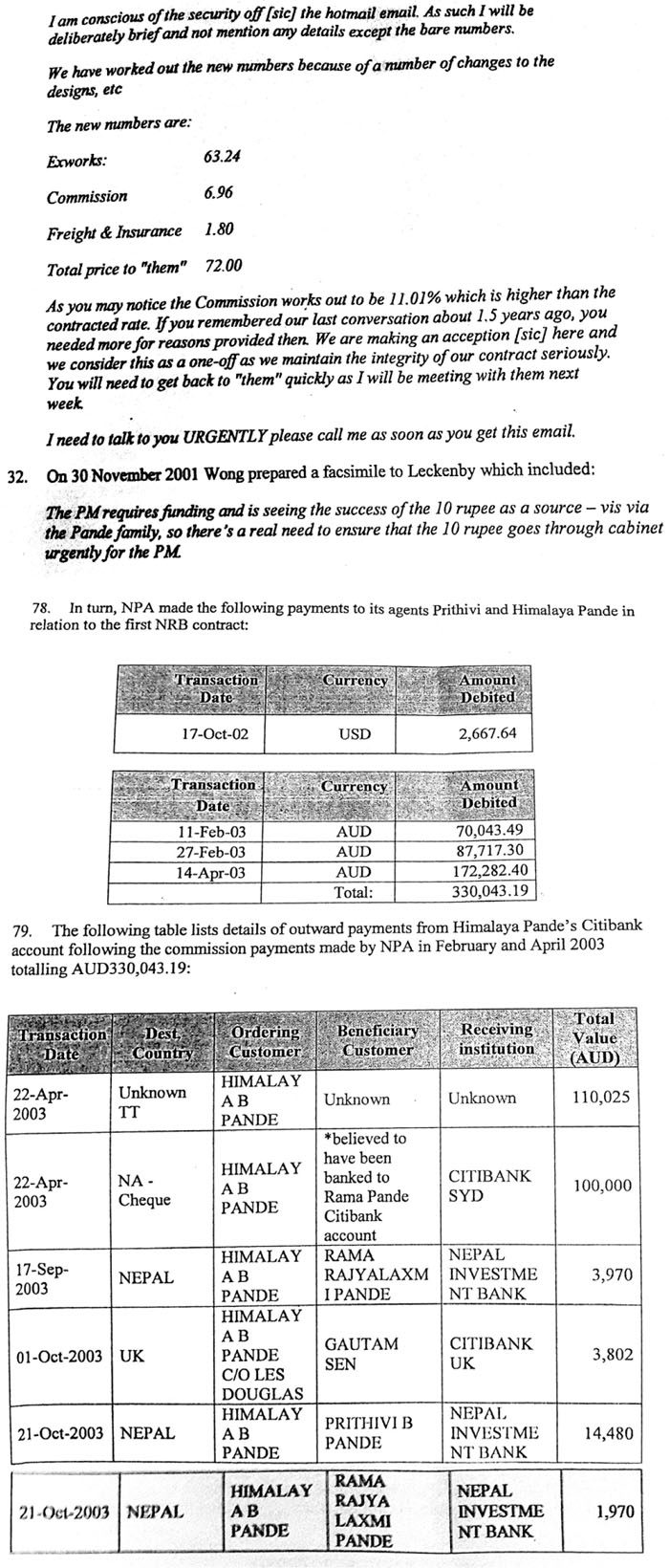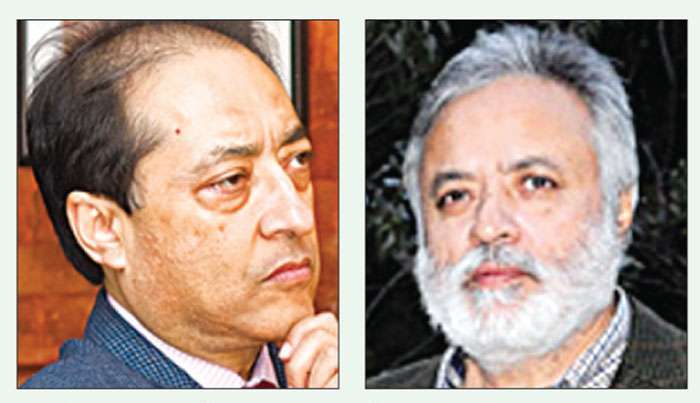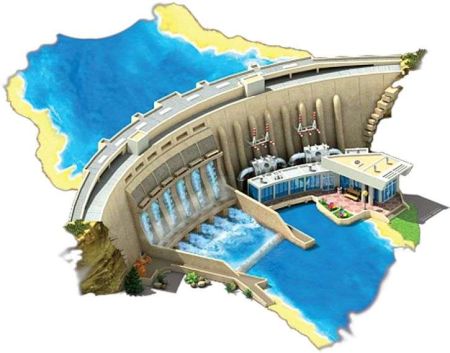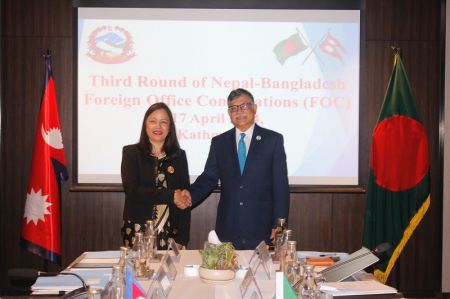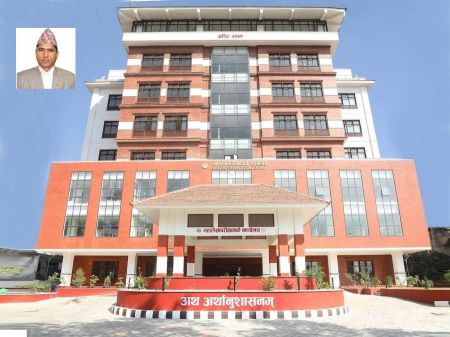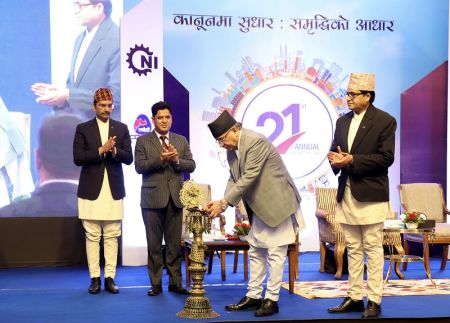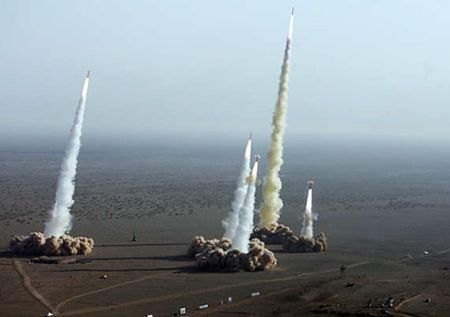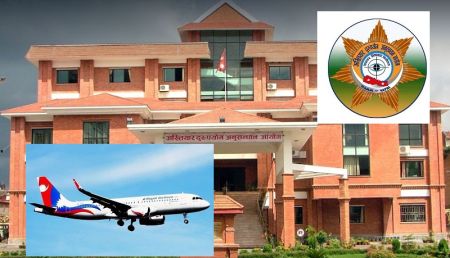June 21: Aarthik Abhiyan Daily has discovered documents that reveal massive irregularities on polymer note scandal. The documents including the investigation report of Australian Federal Police (AFP) are forwarded by Department of Attorney General of Australia to Nepal for mutual legal assistance exchange. The detail report on Polymer scandal proves the ill intentions of Prithvi Bahadur Pande , the then Director of Himalayan Bank, his brother Himalaya Pandey, former Nepal Rastra Bank (NRB) Governor Dr Tilak Rawal, Chief Currency Officer of NRB Upendra Keshari Poudyal along with high officials of Note Printing Australia (NPA).
The report forwarded by Attorney General of Australia has reached Kathmandu District Court after going through Ministry of Law, Nepal Rastra Bank and Attorney General for Nepal’s Office. However, it is a mystery that the file has not been submitted to the Supreme Court even one year after the Supreme Court ordered the district court to submit the file.
According to the documents, the printing of polymer notes procedure took a pace after Steven Wong, Marketing Manager of NPA met Himalaya in 1999. After finalising on commission of the agent and other related details, official agreement on agency agreement was made between Pande brothers’ Mayflower Pvt Ltd and NPA. As per the agreement, commission rate of 9.09 percent was fixed on the sales price.
The investigation of AFP has shown that the Pandeys used the commission amount for bribing related officials of the Nepal government. AFP has presented detail description report of emails, fax, telephone and teleconference between NPA officials, NPA officials and Pandes along with others.
AFP requested bank account reports and travelling reports of people involved in the scandal including the agent Mayflower along with the business record of NRB in order to collect evidence to proceed the legal actions. The request was successively passed from Ministry of Foreign Affairs to Ministry of Law to the Kathmandu District Court. Later, Kathmandu District Court ordered to provide those reports to Australia. Meanwhile, NRB had also issued circular to all banks to act accordingly.
But later Prithvi Bahadur Pande and Upendra Keshari Poudyal submitted a writ petition on Mangsir 2071 in the Supreme Court citing that it would be inappropriate to provide bank details of Nepali citizen to foreign organisation. The Supreme Court had asked the district court to submit the file on 2072 Jestha 18. However, the file has not reached the Supreme Court even after one year thus postponing the hearing. Similarly, a complaint was also registered in CIAA regarding the case but due to the case being sub judice, the CIAA decided to withhold the investigation.
As per the documents discovered by Aarthik Abhiyan, NPA had submitted proposal for printing and supply of polymer notes of Rs 10 denomination in 2000, January 12. After that, Upendra Keshari Poudyal asked for note printing quotation from NPA Marketing Manager Steven Young in February 16. Young then sent quotation price of printing 20- 50 million units of notes. According to the quotation, for 20 million units of notes, the company quoted a cost of 77 Australian Dollar per 1,000 units. Similarly, for 30 million the quoted price was AUD 73 per 1,000 units, 40 million units at AUD 70 per 1,000 units and 50 million units at AUD 68 per 1,000 units. The amount included agent commission as well, but a confidential fax obtained by the Australian Police sent by Young to NPA CEO John Leckenby revealed that the Nepali agent demanded to raise the quotation price by AUD 4 per 1,000 units to ‘serving others.’ AFP claimed that the fax has proved corrupt relationship between NPA, Agents Pandeys and NRB officials.
Answering the fax, Leckenby sent an email to Wong pointing out the possible consideration as demanded by Nepali agents. The documents also mentioned that after the email, discussion between NPA Officials, the then Australian Ambassador for Nepal Konri, former Governor Tilak Rawal, NRB’s Currency Department Head Upendra Poudyal and other bureaucrats. In the same year, Wong sent an email at the Hotmail account of Prithvi Pande on October 9 and stated that he used code for words and numbers due to the low security of Hotmail service. It is assumed that the email contains commission rate to be distributed among the agents.
However, on 2002 March 5, NPA official Wong sent an email to Finance Department Head of NPA Rey Kukk that mentioned Upendra Poudyal is positive on not mentioning the names of agents in the official documents as per the demand of Nepali agents. It clearly shows the intention of camouflaging commission by showing direct deal between NPA and NRB.
On March 15 of the same year, NPA submitted quotation to NRB for 50 million units notes with AUD 72 for per 1000 units of notes. However, the quotation submitted by NPA to NRB on 2000 mentioned AUD 68 per 1,000 units notes.
The tender was opened on 19 March. However, NRB decided to retender citing insufficient proposals received. Later, NPA again submitted its tender on April 19, 2002 which was awarded to the company.
After that, NRB made payment of AUD 3.56 million between 5 December 2002 to 28 March 2003. Similarly, NPA paid its agents Himalaya and Prithvi Pandey AUD 330,043 between 17 October 2002 to 14 April 2003. The investigation of Australian Police found that the amount was used by Himalaya Pandey to make payments to various individuals from his account at Citi Bank Australia on various dates.
Meanwhile, the then CEO of NPA John Leckenby, Corporate Service Manager Peter Hutchinson, Business Development Manager Barry Thomas Brady and Asia Pacific Marketing Manager Steven Kim Chou Wong are facing court case in Australia.
